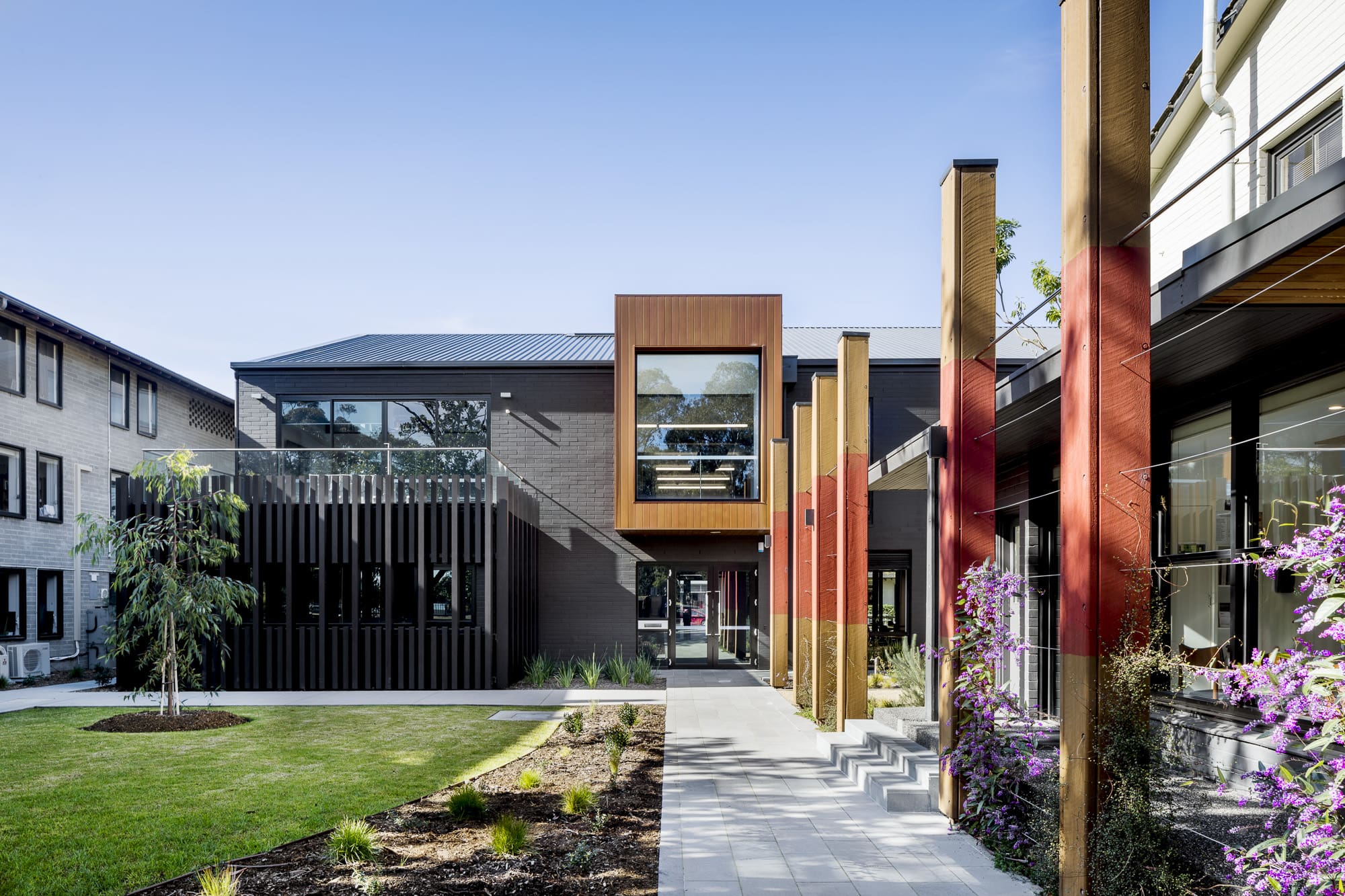6 Reasons Why (continue) Formal Theological Education?
“So, what do you do?”
“Time is short. Why would you bother with all that book learning when you could be out in the world doing God’s work?”
“Many great Christian leaders did not go to Theological College. It is a frivolous use of time and money.”
“Did your church not teach you to read the Bible?”
“I guess you won’t even be qualified to work at McDonald’s.”
“When will you be an adult and get a real job?”
When you are a theology student, your response to these routine questions can arouse a minefield of opinions about the value of formal theological studies.
Rather than a waste of time or money, I suggest that formal theology study is vital for anyone preparing for a lifetime of ministry. This applies to whether your context is the workplace, home, church, school, prison, hospital, overseas, or something else entirely. For those currently studying theology, you may find the reasons below a source of encouragement as you continue your studies.
Time and accountability
It is extremely difficult to carve out the time for in-depth study of New Testament, Church History, Greek, and the other theology sub-disciplines on your own. Formal study offers you the structure and accountability to move through a body of material systematically. It encourages disciplined learning through regular tests and assignments. Formal study enables you to learn from experienced teachers in a focused manner. It is an investment of time from which you will reap the benefits for decades in the future.
Theological fundamentals and frameworks
You may not know your doctrinal presuppositions before coming to theology study, but they’re there. They inform your ministry priorities, how you speak to Christian believers and atheists, and your sermons. In each theology sub-discipline, the curriculum is designed to teach you the fundamental knowledge and frameworks that underlie the discipline. This knowledge has significant implications for your life and ministry. Your weekly Bible Study probably cannot cover how the doctrine of Christ relates (and does not relate!) to the theology of the church, or how past Christians have responded to previous iterations of many of the theological and pastoral issues we face today.
Challenged thinking
Formal theological studies will expose you to ideas that differ from your own. This is vital for everyone, especially those who have been in the same Christian context for a long time. We must have certain ideas challenged if we are to develop a robust understanding of God, one that remains ever open to challenge by scripture and the Holy Spirit.
Mission and ministry
“Academic” theology is not divorced from “practical” ministry. They inform each other. The curriculum is founded on what is important for service to God and the world. The more we learn about God and God’s world, the more our hearts are enlivened with concern for God’s mission.
Formation
Theological colleges like Ridley are committed to ensuring that students are formed in Christlikeness through their studies. Through initiatives such as chapel services and the Guided Spiritual Formation program. In weekly Vocational Mentoring Groups, connections are strengthened between what one is learning in class and one’s Christian character and service in the world.
Community and relationships
During formal theological studies, much of your learning occurs through dialogue with other students and teaching staff. The relationships you form with your peers provide much mutual encouragement as you navigate the various demands of life and study during your studies. After you graduate, these relationships will be invaluable sources of support amid the pressures of ministry in which it may be challenging to develop new friendships.
Elizabeth Culhane
Elizabeth is a tutor at Ridley College.



